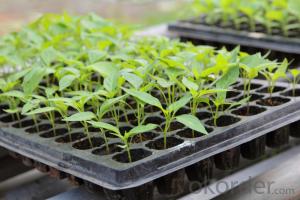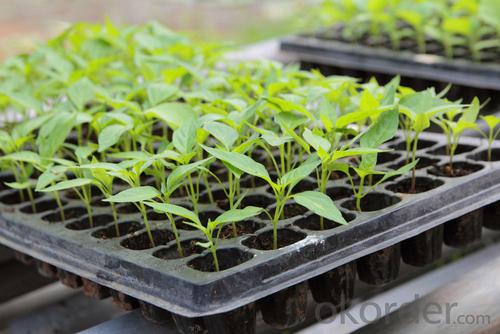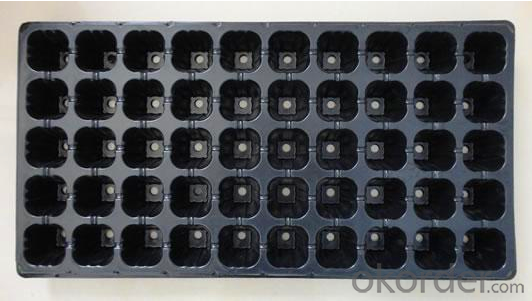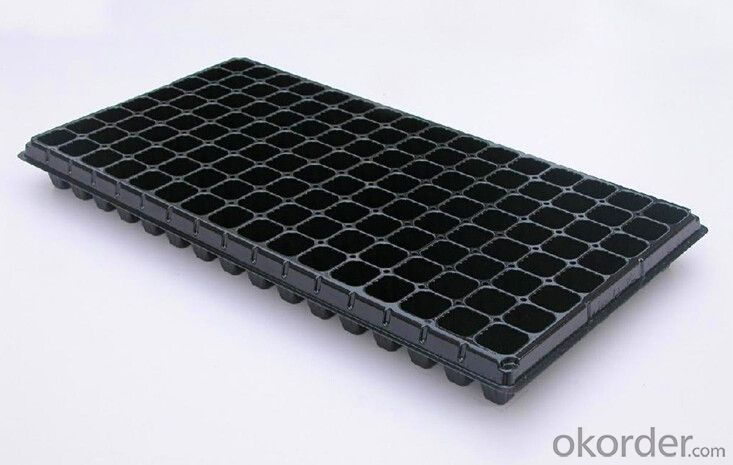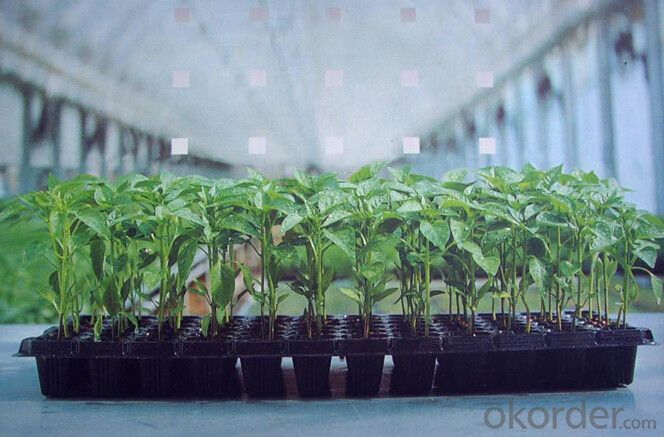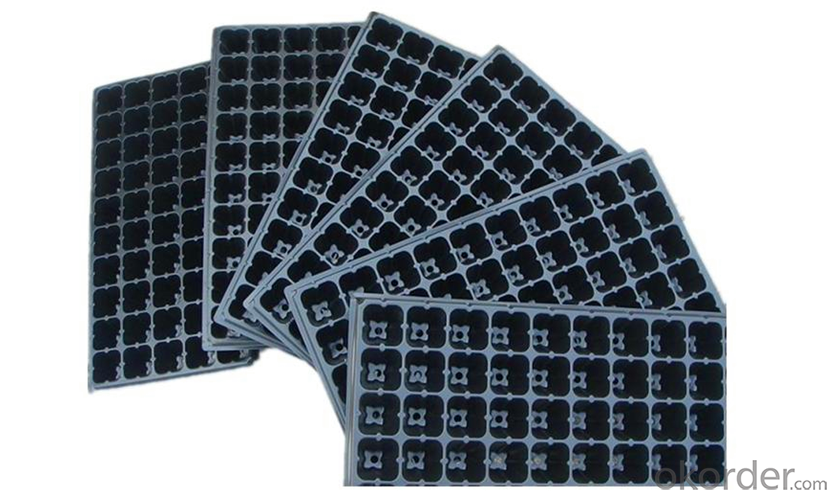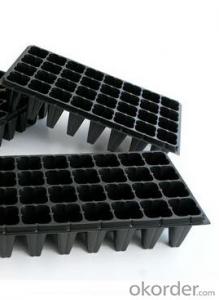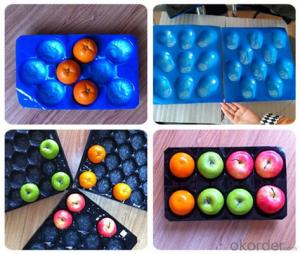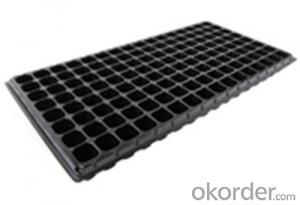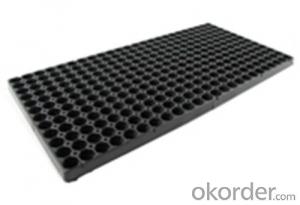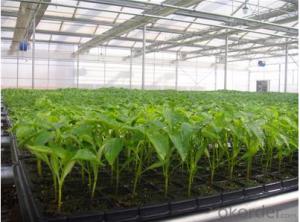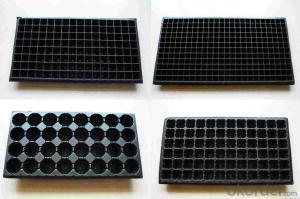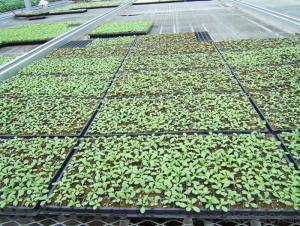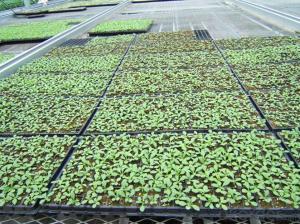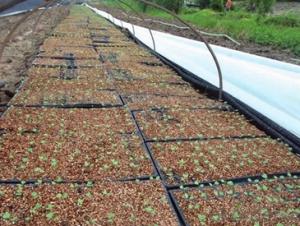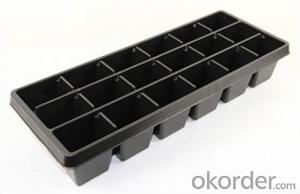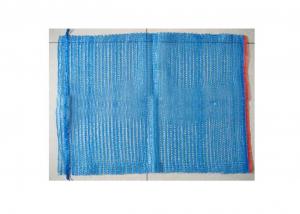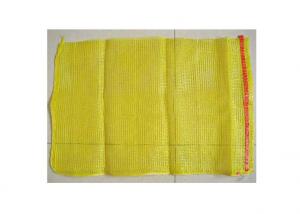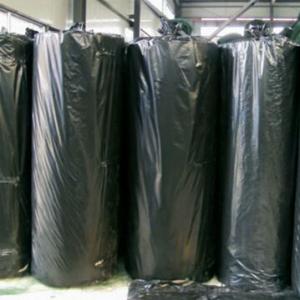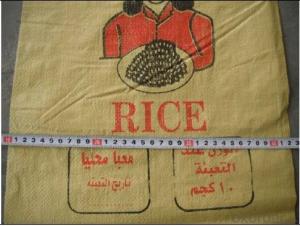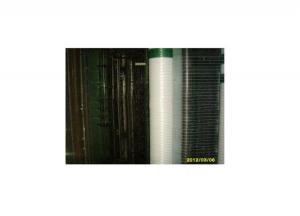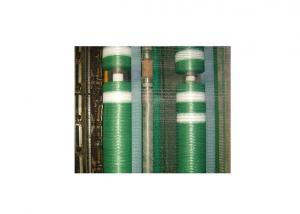50 Cell Plastic PS Biodegradable Seed Tray Cell Plug Tray
- Loading Port:
- China main port
- Payment Terms:
- TT OR LC
- Min Order Qty:
- 3000 pc
- Supply Capability:
- 2000000 pc/month
OKorder Service Pledge
OKorder Financial Service
You Might Also Like
Specification of Plug Trays HIPS Made Plastic Plug Tray for Greenhouse (Growing and Seedling):
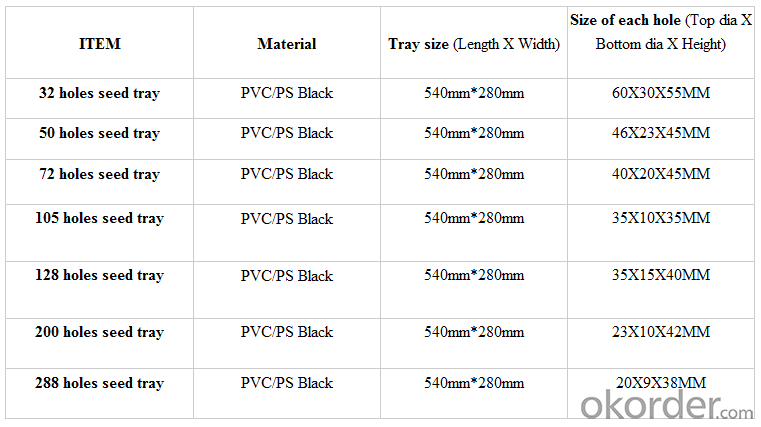
Features of Plug Trays HIPS Made Plastic Plug Tray for Greenhouse (Growing and Seedling):
· Material: HIPS
· Thickness: 0.5mm-1.5mm, Standard:1mm
· Weight: 80g(±5)g-230g(±5)g, Standard weight:155g(±5)g
· Size: length:490mm-540mm, width:190mm-345mm,depth:25mm-150mm
· Standard:540mmX280mm
· Cell count: 18-512
· Package: In Carton
· Warrenty: 8-10 times
Packaging & Delivery
Packing Detail: export standard carton or large bags
Delivery time: 4 million per momth after receipt of deposit
Advantage:
Waterproof, UV-resistant, extrusion-resistant
Easy carry for young seeding plant and grow
Service:
1. Quick, efficient and professional response within 24 hours, 14 hours online services
2. 10 years manufacturing and exporting experience in agriculture field.
3. Technical support and solution by chief engineer.
4. Strict quality control system & team, high reputation in the market.
5. Full range of irrigation products for choice
6. OEM/ODM services
7. Accept sample order before Mass Order
Picture of Plug Trays HIPS Made Plastic Plug Tray for Greenhouse (Growing and Seedling):
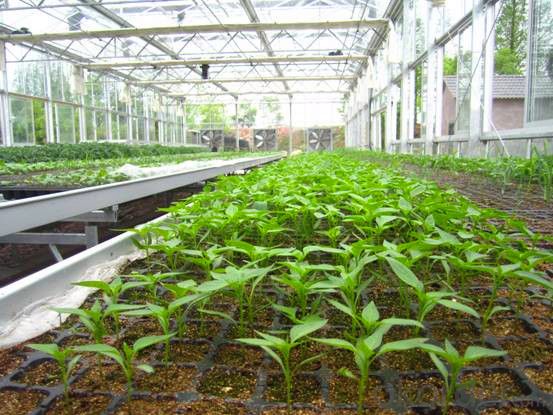
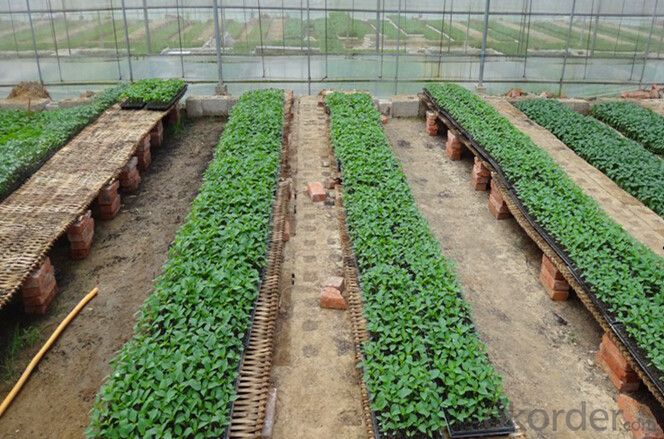
FAQ of Plug Trays HIPS Made Plastic Plug Tray for Greenhouse (Growing and Seedling):
Q: 1.How long is the production time?
A: Usually one to two weeks.
Q: 2.How is the seed tray being packaged?
A: They can be packaged in carton or pallets. Carton size is 1375px*725px*1250px.
Q:3.How many times can the seed tray be used?
A: Under the same environment, it is decided by the thickness. Usually 0.6mm thickness can be used for 1 or 2 times.
1.0 thickness can be used for 3-4 times. 1.5 thickness can be used for 8-10 times.
- Q: How do I choose ground cover for a sunny slope?
- When choosing ground cover for a sunny slope, it is important to consider factors such as the slope's gradient, soil type, and climate. Opt for low-maintenance, drought-tolerant options that can thrive in full sun. Ground covers like creeping thyme, sedum, or creeping juniper are excellent choices as they spread easily, control erosion, and require minimal watering once established. Conducting thorough research and consulting with local gardening experts can help you select the most suitable ground cover for your sunny slope.
- Q: Can ground cover be used as a lawn alternative?
- Yes, ground cover can be used as a lawn alternative. Ground cover plants such as clover, creeping thyme, or creeping phlox can be planted to create a low-maintenance, drought-resistant, and visually appealing alternative to traditional lawns. These plants provide ground coverage, prevent soil erosion, and require less water and mowing compared to traditional turf grass.
- Q: what is the reason cats eat plastic
- Plastic bags are treated with beef tallow, in the manufacturing process. Eating a plastic bag is dangerous -- it can cause blockage of intestines, throat stomach. All plastic can be very dangerous to cats.
- Q: When offered a choice, most request plastic over paper and usually make a smart alec comment like, quot;Save a treequot;. But it's recycled paper. Isn't the plastic factory ruining the environment worse than the paper plant?
- Just given the choice of paper or plastic - plastic is better - I did a study and paper uses more oil and causes pollution of rivers and air.
- Q: This question asks whether the use of plastic mulch in agriculture can impact the soil microbiota and fertility.
- <p>Yes, agricultural plastic mulch can significantly affect soil microbiota and fertility. The mulch creates a physical barrier that can alter the soil environment, potentially affecting microbial communities by changing temperature, moisture, and oxygen levels. This can lead to shifts in microbial diversity and activity, impacting soil health. Additionally, plastic mulch can reduce the soil's ability to retain water and nutrients, affecting fertility. Over time, the decomposition of plastic mulch can release chemicals that may be toxic to soil microorganisms, further impacting soil fertility. However, the extent of these effects can vary based on mulch type, duration of use, and management practices.</p>
- Q: What are the different types of plastic covers used in crop protection?
- There are several types of plastic covers used in crop protection, including mulch film, greenhouse film, row covers, and high tunnels. Mulch film is a thin plastic sheet that is laid over the soil to suppress weeds, retain moisture, and regulate soil temperature. Greenhouse film is a thicker plastic covering used to create a controlled environment for plant growth. Row covers are lightweight fabrics or plastic sheets that are draped over plants to protect them from pests, frost, and excessive sunlight. High tunnels, also known as hoop houses, are large plastic structures that provide protection from weather elements and extend the growing season for crops.
- Q: How do you prevent weed growth in nursery trays?
- There are a few effective ways to prevent weed growth in nursery trays. Firstly, using a good quality weed-free potting mix or soilless medium can significantly reduce the chances of weed seeds being present in the growing environment. Additionally, regularly inspecting the trays and manually removing any emerging weeds can help prevent them from taking root and spreading. Applying a pre-emergent herbicide specifically labeled for nursery use can also be an effective measure to inhibit weed growth. Lastly, maintaining proper spacing between plants and providing adequate air circulation can discourage weed establishment by limiting available resources for growth.
- Q: Can ground cover be used to control soil erosion on slopes and hillsides?
- Yes, ground cover can be used to effectively control soil erosion on slopes and hillsides. Ground cover plants, such as grasses, shrubs, or cover crops, help to stabilize the soil by forming a protective layer that holds the soil in place and reduces the impact of rainwater or wind on the surface. Their extensive root systems also help in binding the soil particles together, preventing them from being washed away. Additionally, ground cover plants enhance infiltration, allowing rainwater to slowly penetrate the soil rather than running off and causing erosion.
- Q: Can ground cover plants be used to control weeds in vegetable gardens?
- Yes, ground cover plants can be used to control weeds in vegetable gardens. Ground covers such as clover, thyme, or straw can help smother weeds by shading the soil, reducing weed seed germination, and competing for resources such as sunlight, water, and nutrients. Additionally, ground cover plants can improve soil health, prevent erosion, and provide a habitat for beneficial insects. However, it's important to choose the right ground cover plants that won't compete with vegetables for resources or spread aggressively. Regular maintenance, such as weeding and trimming, may also be necessary to ensure the ground cover doesn't outcompete the vegetables.
- Q: Can nursery trays be used for bonsai cultivation?
- Yes, nursery trays can be used for bonsai cultivation. They provide a convenient and practical option for growing bonsai trees, especially during the initial stages of development. Nursery trays allow for proper drainage and aeration, which are important factors for healthy root growth. They also offer sufficient space for multiple bonsai trees and easy transportation. However, as the trees mature, they may need to be transferred to individual pots for more personalized care and aesthetics.
Send your message to us
50 Cell Plastic PS Biodegradable Seed Tray Cell Plug Tray
- Loading Port:
- China main port
- Payment Terms:
- TT OR LC
- Min Order Qty:
- 3000 pc
- Supply Capability:
- 2000000 pc/month
OKorder Service Pledge
OKorder Financial Service
Similar products
Hot products
Hot Searches
Related keywords
